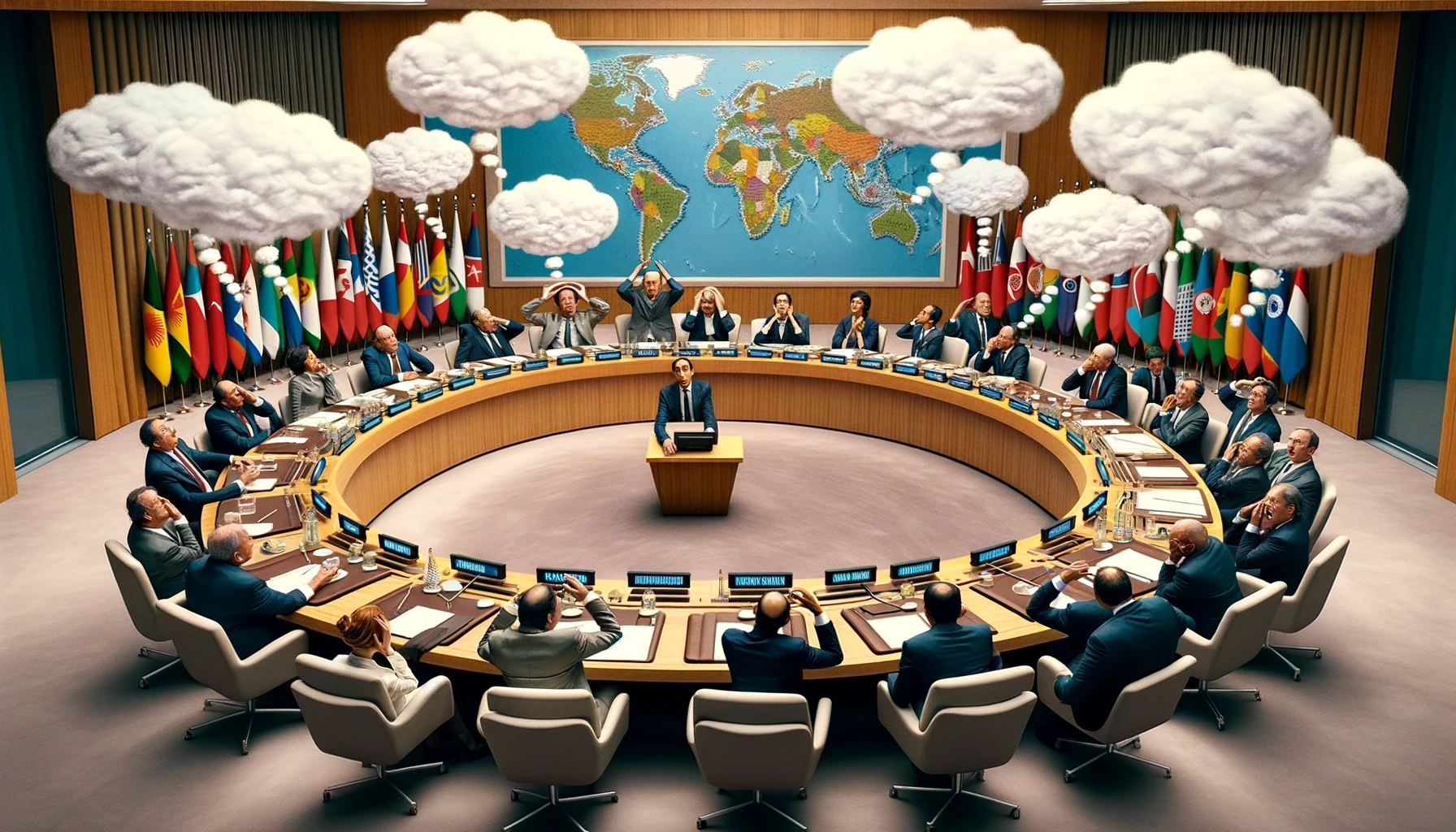In what appears to be a sudden outbreak of Selective Memory Syndrome (SMS), world powers have conveniently forgotten recent provocations by Israel as they chastise Iran for its retaliatory strikes. This peculiar amnesia has swept through the halls of power from Washington to London, igniting a fiery debate over the fairness and transparency of international diplomacy.
The symptoms of SMS became evident immediately following Iran’s missile and drone response to an Israeli attack on its soil. Global leaders, who last week nodded along to justifications of pre-emptive strikes, this week found themselves inexplicably shocked and appalled by what they described as “unprovoked aggression” by Iran.
“It’s as if last week’s events have been wiped clean from their memory,” remarked a senior analyst from a renowned international think tank. “There’s a historical loop reset happening, and it only seems to replay the bits that suit certain narratives.”
The U.S. Secretary of State, in a press conference addressing the crisis, repeatedly referred to Iran’s actions as “uncalled for” and “a dangerous escalation,” conspicuously omitting any mention of the consulate attack. When pressed by reporters, the Secretary blinked slowly, glanced at his notes, and muttered something about “ongoing investigations” into last week’s events.
European leaders have joined the chorus, with one Prime Minister lamenting Iran’s “lack of restraint and respect for international norms.” Yet, when a journalist brought up the concept of proportional response, the room was swiftly cleared under the guise of a technical difficulty.
The global reaction has not gone unnoticed by the public. Social media has exploded with hashtags like #WhatsPastIsPrologue and #SelectiveHistory, as netizens share clips and articles about last week’s incidents, attempting to jog the collective memory of their leaders.
“This wave of selective amnesia is particularly troubling because it suggests a deeper issue in our international relations framework,” noted a professor of international law during a televised interview. “If we selectively remember and forget based on political convenience, how can we ever hope to build a consistent and fair system?”
As more voices join the call for a balanced and transparent approach to international conflict, the hope is that this episode of SMS might prompt a reassessment of how history is recorded and recalled in the annals of diplomacy. Meanwhile, the world watches and waits to see if global powers will recover their memory or continue to suffer from this diplomatic disorder.

